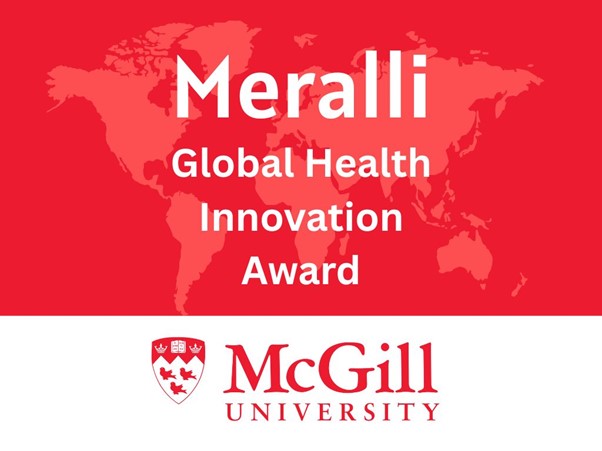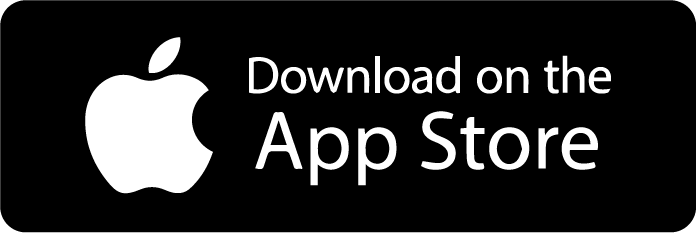mClinica charts ASEAN’s efforts to counter vaccine nationalism
Facing huge healthcare costs and continued economic dislocation, Southeast Asian governments are scrambling to secure supplies of any future COVID-19 vaccine ahead of the ugly rush for the desperately needed serum. In the capitals of Southeast Asia, there is growing anxiety that they may be denied access to any vaccine not produced locally. The global production capability and capacity of biotech companies is limited, and rich countries may try to corner the available supply. The USA’s raid on remdesivir, a drug that speeds COVID-19 patient recovery, is an early warning of things to come.
Southeast Asia may appear to be a passive recipient of the international vaccine system. In truth, Southeast Asia hosts two of the world’s top 20 largest vaccine exporters: Indonesia and Singapore. Thailand is also a major manufacturer. Besides being major producers of vaccines, these three countries are now leading the region’s race to develop a home-grown COVID-19 vaccine. Other ASEAN countries can also play their part by getting involved in clinical trials for vaccine candidates. The region’s least developed countries—Myanmar, Cambodia and Laos—will look to their ASEAN partners for assistance in managing the pandemic.
World’s Leading Human Vaccine Exporters, 2019

Source: UN Comtrade
Summary
No country stands alone in the war against COVID-19. Southeast Asia’s challenge is not just to develop a vaccine, but to work together to gain and share access to any new vaccine to ensure that the whole region can secure sufficient supplies, as soon as possible.
Southeast Asia’s COVID-19 vaccine undertakings
Indonesia – going it alone
Indonesia is racing to produce its own COVID-19 vaccine in 2021. Local and foreign pharmaceutical companies are collaborating to mass-produce a vaccine in Indonesia, for Indonesia. State-owned Bio Farma, working with Chinese firm Sinovac, plans to conduct trials as soon as the second half of next year. Bio Farma certainly has enough capacity. It is the largest vaccine manufacturer in ASEAN, capable of producing two billion doses annually, more than enough to meet the entire region’s demand for a COVID-19 vaccine. Private Indonesian pharmaceutical firm Kalbe Farma and the South Korean biotech company Genexine are cooperating to produce a vaccine also.Malaysia – a victim of its own success
Chinese companies recently have pulled out of negotiations on COVID-19 vaccine clinical trials in Malaysia owing to the low level of cases in the country. China instead is looking further afield to more badly affected countries like Brazil. Malaysia had been eager to be involved in clinical trials, having established a vaccine ecosystem supported by Clinical Research Malaysia. Researchers at the Malaysian Genome Institute, National Public Health Laboratory, Institute for Medical Research and Universiti Malaya have successfully isolated the virus genome.
Singapore – first human trials in the city-state
Human trials for a COVID-19 vaccine have begun. The initial trial involves around 100 healthy volunteers of various ages who will be injected with the Lunar-Cov19 vaccine developedby Duke-NUS Medical School
and US pharmaceutical company Arcturus Therapeutics ( 1 ).
Singapore-based firm to start human trials for potential coronavirus drug
The trial aims to test the safety of the vaccine and whether it can coax an immune response. Encouragingly, early animal studies have indicated that the Lunar-Cov19 vaccine is safe and has no significant side effects. The clinical trial is being conducted at the SingHealth Investigational Medicine Unit, located in Singapore General Hospital. Singapore’s partnership to develop a COVID-19 vaccine guarantees its right to use the vaccine.
Southeast Asia’s COVID-19 Vaccine Schedules

Note: Clinical trials usually have three pre-approval phases, starting with a small group to test the drug’s safety and side effects, before moving on to larger groups to evaluate its efficacy. The discovery and research phase is normally 2-5 years; in total, a vaccine can take as long as 10 years to develop, at a cost of US$500 million (2).
Source: various local media reports
The Philippines – looking to China
President Duterte offered a P10 million reward (US$200,000) to any Filipino who can discover a vaccine against
the novel coronavirus ( 3 ).
Manila Bulletin.
But hedging his bets, he has also asked China for help in getting access to a vaccine. Duterte, who has curried diplomatic favor with Beijing for some time, made a direct plea to Chinese President Xi Jinping for the Philippines to be at the front of the queue to receive the vaccine—if and when China develops one. He also asked Beijing for credit to pay for the millions of doses needed.
Thailand – human trials leading to large-scale production
Thai researchers are hoping to begin human trials of a potential vaccine for COVID-19 in November 2020. Overseas facilities in San Diego and Vancouver will produce 10,000 doses for trials with 5,000 people . The first group, aged 18-60, will receive different doses of the vaccine. Trials will only commence once it has won approval from the Thai Food and Drug Administration. Thai company BioNet-Asia is preparing its facilities for manufacturing at scale if the trials prove successful. If all goes according to plan, the vaccine will be ready in the third or fourth quarter of 2021.Vietnam – in early development
Even Vietnam, is planning to test a homemade COVID-19 vaccine on humans soon, having produced positive results in mice. VABIOTECH, a state-owned firm under the Ministry of Health, began developing the vaccine in February 2020, after the National Institute of Hygiene and Epidemiology (NIHE) isolated and cultured the virus in the laboratory. Vietnam has a strong track record in producing vaccines for the local market. In 2013, it mass-produced vaccines in just six months to successfully contain a measles outbreak.
Summary
The sophistication of ASEAN’s COVID-19 vaccine research and development is surprising. A breakthrough that beats the US, Europe and China to a successful vaccine may be a long shot, but the region’s ambition to become more self-reliant in healthcare is worth watching.
You might be interested in:
Coronavirus – How Southeast Asia is preventing a pandemic effect







